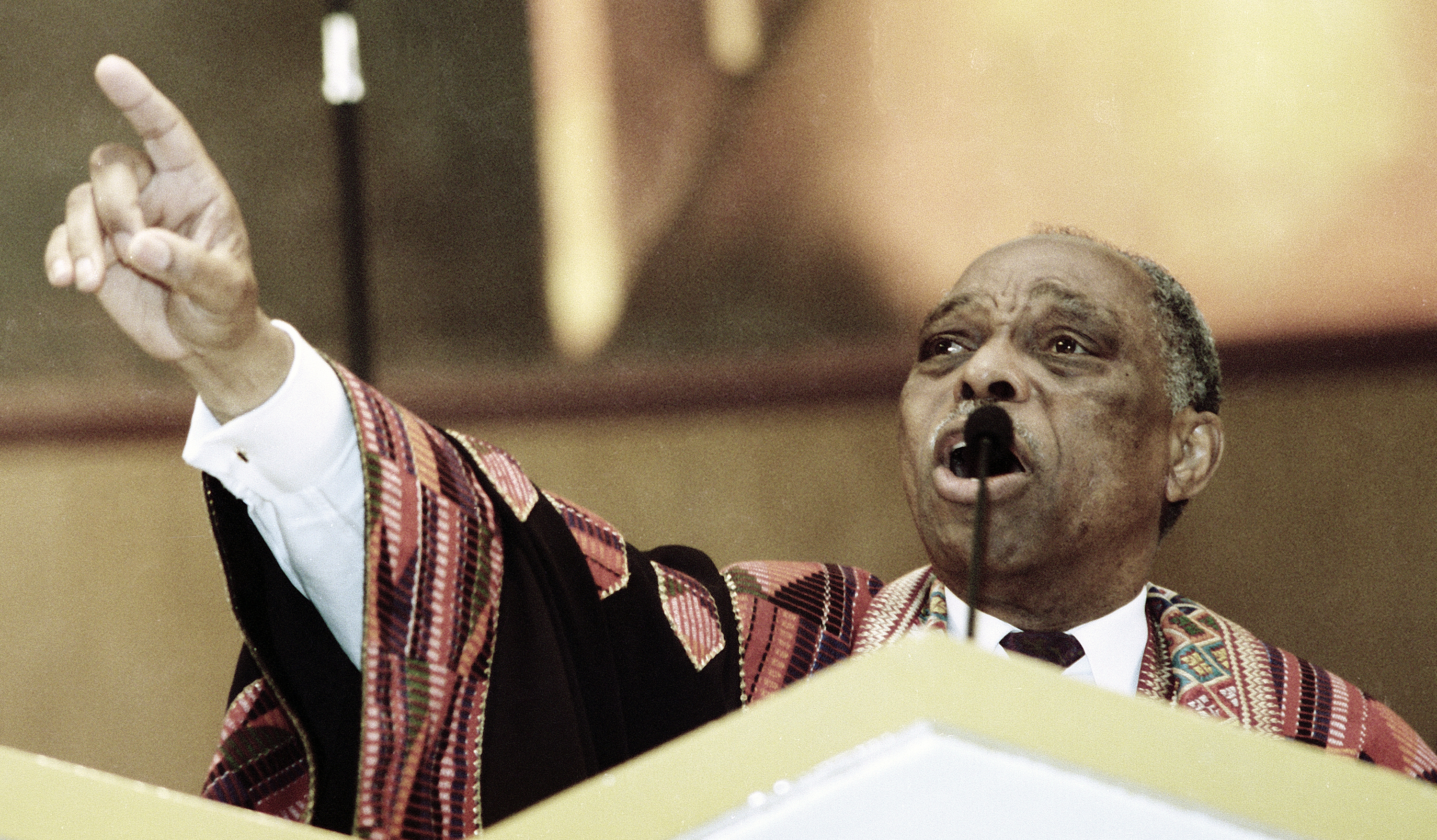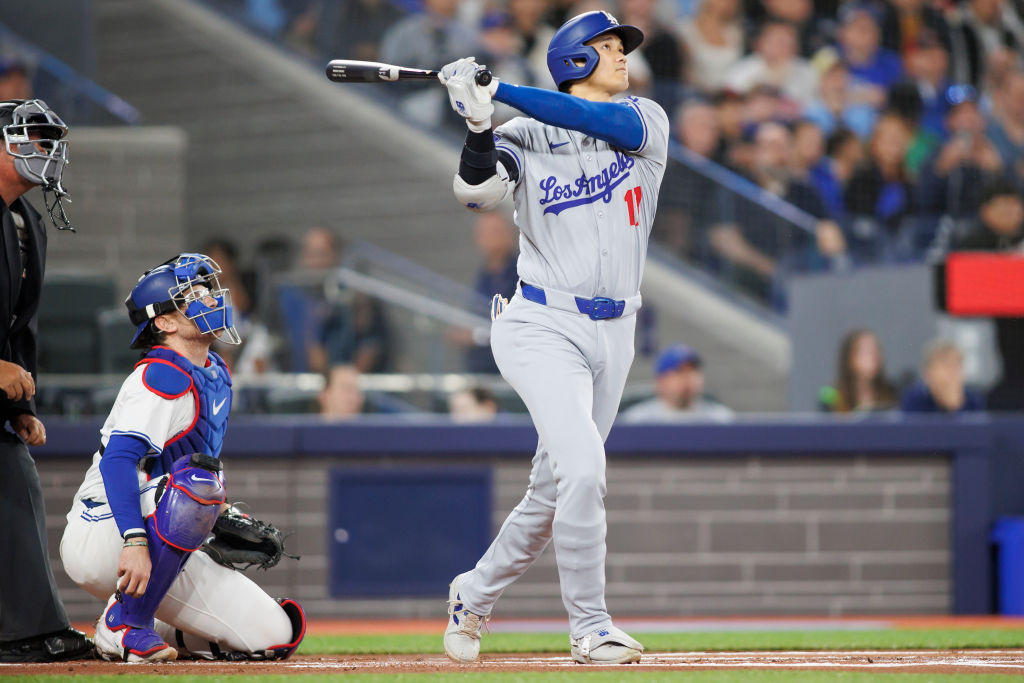In an attempt to raise the profile of their contract fight with three supermarket chains, organized labor union members brought in civil rights leader Jesse Jackson. He showed up at a Ralphs supermarket on Crenshaw Boulevard Wednesday, seeking to meet with executives of the chain, whom he says risks sending its workers into poverty.
“Profits are escalating… they’re making more… (and there is) more burden on the workers and that’s not fair,” said Jackson.
This is the last day of scheduled talks over a new contract involving 62,000 workers at Ralphs, Albertsons and Vons.
The hang up—health care benefits.
The United Food and Commercials Workers Union said management wants to dramatically increase employee contributions.
“In these hard economic times we should be paying something… but what they're proposing is preposterous,” said Rigo Valdez, a UFCW representative.
Local
Get Los Angeles's latest local news on crime, entertainment, weather, schools, COVID, cost of living and more. Here's your go-to source for today's LA news.
Management from the supermarkets disputes the union’s numbers and argues that with rising health care costs and a dwindling share of the grocery market, they need workers to contribute more into their own health care plans, which they said are still generous.
“This health care proposal would ask employees to pay either $9 a week for single coverage or $23 a week for full family coverage. It would keep their current out-of-pocket expenses and deductibles from the PPO plan at the same level. It would offer a choice of a couple of different medical plans,” said Kendra Doyle, Vice President of Marketing for Ralphs.
“This health care proposal would ask employees to pay either $9 a week for single coverage or $23 a week for full family coverage. It would keep their current out-of-pocket expenses and deductibles from the PPO plan at the same level. It would offer a choice of a couple of different medical plans,” said Kendra Doyle, Vice President of Marketing for Ralphs.
The dispute raises concerns of a replay of the four month long strike in 2003. It poses a major threat for both the supermarket companies and the unions. Any walkout would take place amidst double digit unemployment in a sluggish economy. Picket lines could drive more customers to the very non-union chains, such as Fresh & Easy, Costco, and Walmart.
The union will have a strike authorization vote this weekend, starting on Friday. Industry analysts say back in 2004, Ralphs, Albertsons and Vons possessed about 80% of the market share, now they say that is well below 50%.



